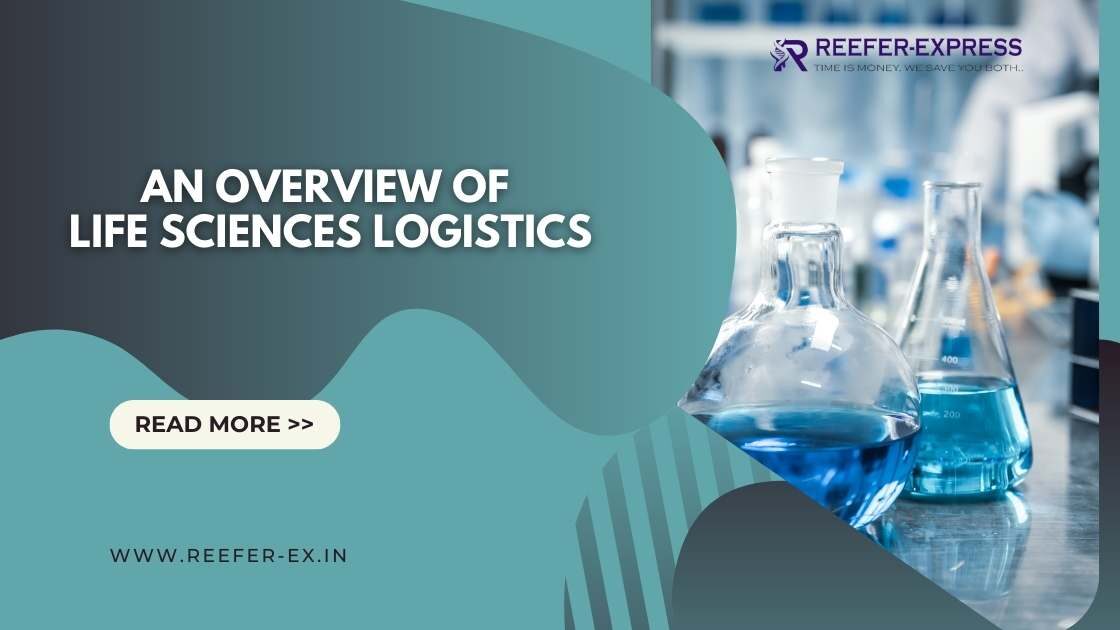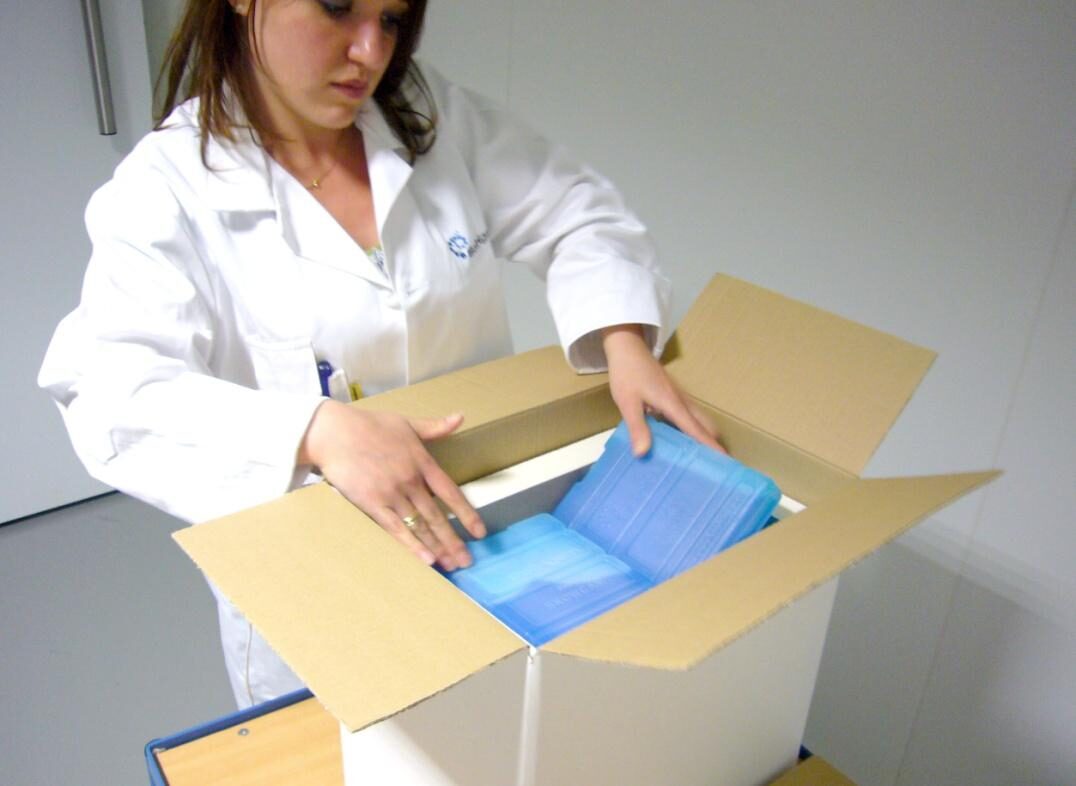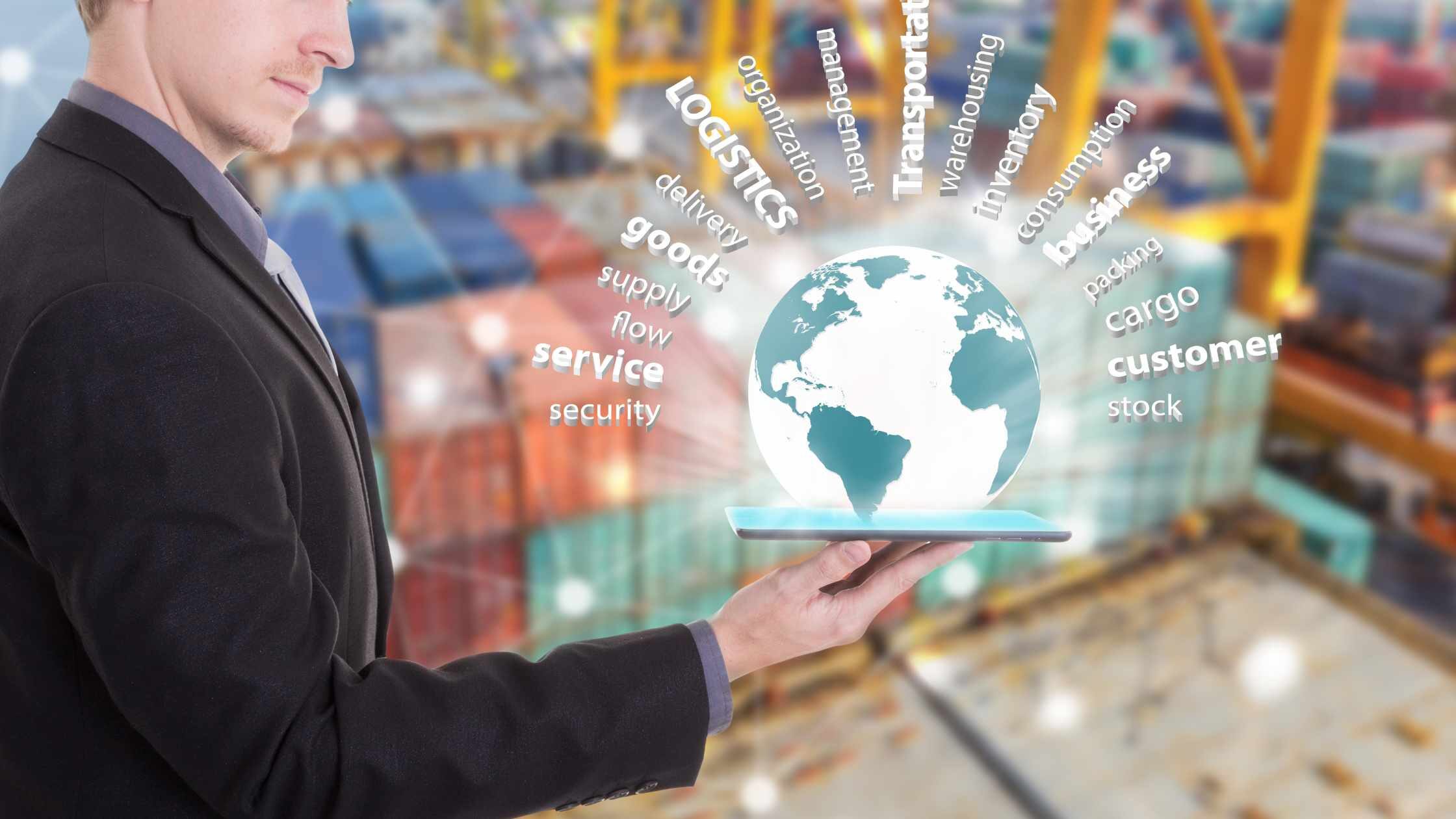The Life Sciences industry is growing at an unprecedented rate. Life sciences shipments are some of the most vital and sensitive goods that we transport. They require thorough safety monitoring to ensure their safe delivery no matter where they’re going or what time it is on a given day, which means knowing exactly when each package needs transportation away from our facilities so as not to interfere with any other medical operations happening simultaneously around us!
But What Does This Have To Do With Logistics?
In short, life sciences logistics is the management of transportation and storage for life sciences products. This can include anything from medical devices and equipment to pharmaceuticals and biologics. The goal of life sciences logistics is to ensure that these products are shipped safely and efficiently from one location to another.
What Life Science Products Need Shipments Cover?
Life science shipments are a vital part of any company’s supply chain. These items cover a wide range from finished pharmaceuticals, extremely temperature-sensitive biologicals, and blood products & medical equipment – all with different needs that need careful planning for optimal efficiency in transportation or worse yet–derailment!
Pharmaceuticals:
Products such as pharmaceuticals often demand strict cold chain solutions or individualized shipping plans, with strategic packing to maintain ideal temperatures and quality for each item.
Blood Samples:
Advanced tracking systems are essential to blood samples because they must be stored and shipped quickly. They’re also highly sensitive, so it’s important that the data reach its destination without any loss or delay in transit.
Medical Devices:
From MRI machines to pacemakers, these devices are extremely expensive and can be life-saving. They need to be handled with care, and the companies that ship them often have very specific instructions for how to do so.
4 Factors to Consider for Life Sciences Shipments
The Life Sciences industry is growing at an unprecedented rate. Life sciences shipments are some of the most vital and sensitive goods that we transport. We have listed 4 key factors below that companies should consider when thinking about life sciences logistics:
Temperature Control:
Many life sciences shipments require temperature-controlled environments during storage and transportation. This can be accomplished through the use of insulation, dry ice, or other cooling methods.
Packaging Needs:
The packaging for life sciences products must meet strict regulations in order to ensure the safety of the product. In addition, the packaging must be able to protect the product from temperature changes, shocks, and other potential hazards.
Transportation Methods:
There are many transportation options available for life sciences products. Airfreight is often the preferred method for time-sensitive shipments, while ground transportation may be more cost-effective for less time-sensitive products.
Tracking and Documentation:
It is essential to track life sciences shipments so that you can ensure that the products are delivered safely and on time. In addition, accurate documentation is necessary in order to comply with regulations and avoid delays.
Logistics is a critical part of the life sciences industry. Without proper planning and execution, life-saving shipments could be delayed or even lost. By considering the factors listed above, companies can ensure that their life sciences shipments are handled safely and efficiently.
3 Things You Need From Life Sciences Logistics Providers
When it comes to life sciences logistics, you need a partner you can trust. Here are three things to look for in a life sciences logistics provider:
1. Solutions and Updated Equipment
As the life sciences industry has rapidly changed and expanded, so too have the logistics needs of companies within it. Whether you’re shipping medical devices or pharmaceuticals, you need a provider who can offer solutions that are tailored to your specific needs. In addition, your life sciences logistics provider should have the latest equipment in order to ensure the safety and efficacy of your shipments.
2 Customer Support
When you’re dealing with time-sensitive and often expensive life sciences shipments, you need to know that your logistics provider has your back. Look for a provider who offers 24/7 customer support so that you can always reach someone in case of an emergency.
3. Life Sciences Credentialing:
Make sure your provider has the proper life sciences credentialing. This will ensure that they have the knowledge and expertise to handle your sensitive shipments.
How Reefer Express Can Help
At Reefer Express, we are proud to offer a full range of cold chain logistics solutions. We have the latest equipment and technology to ensure the safety and efficacy of your shipments. In addition, our team of experts is available 24/7 to answer any questions or concerns you may have. Contact us today to learn more about how we can help you with your life sciences logistics needs.






